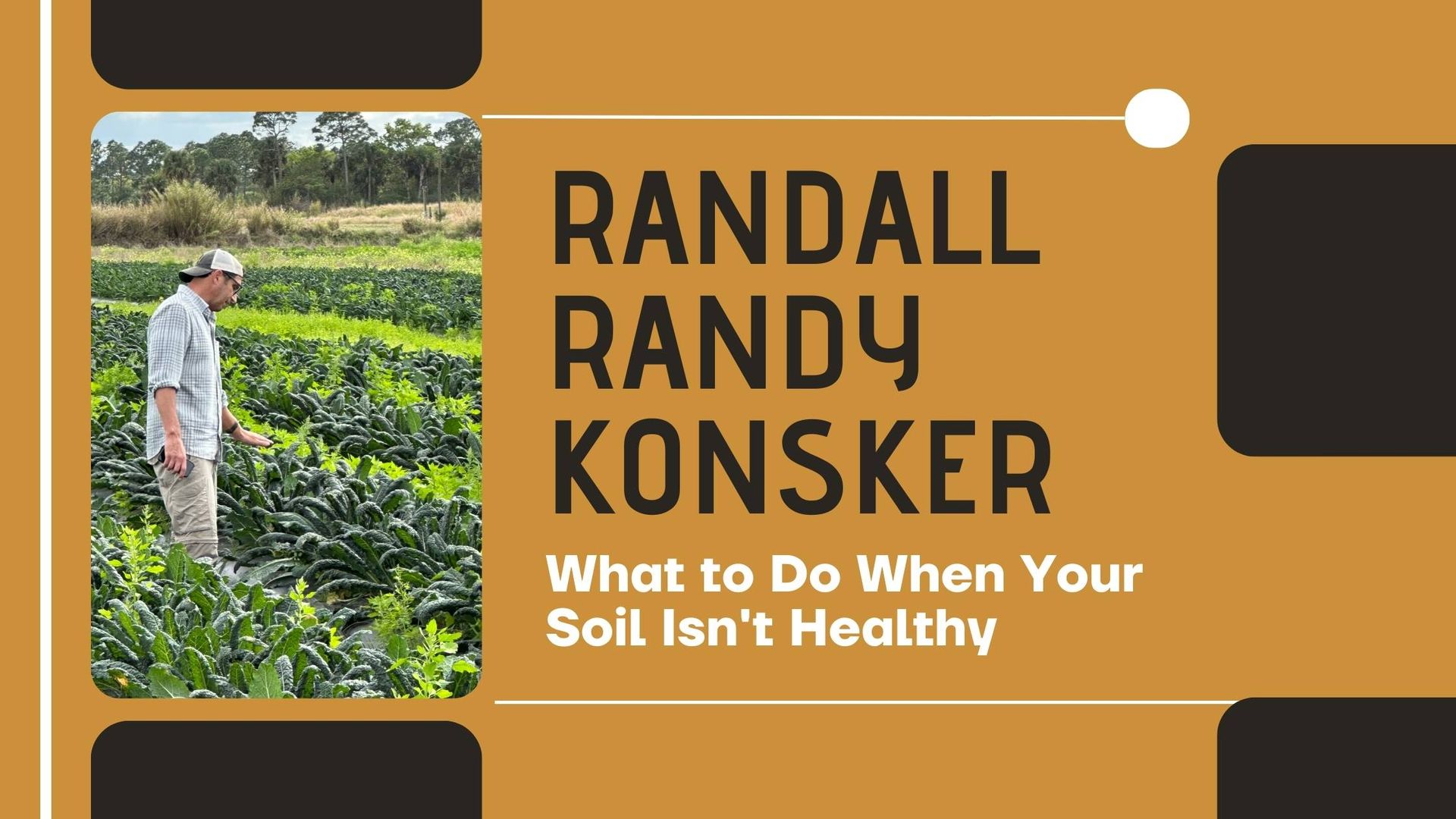
Soil health is a critical component of successful farming and gardening. When your soil isn’t healthy, plants struggle to absorb nutrients, leading to poor growth and crop yield. Randall Randy Konsker, an expert in sustainable agriculture, shares his insights on how to identify unhealthy soil and take actionable steps to restore its vitality.
1. Identify the Signs of Unhealthy Soil
The first step in addressing soil issues is identifying the problem. Signs of unhealthy soil include poor plant growth, yellowing leaves, compacted soil, and the presence of pests. A simple soil test can reveal imbalances in pH levels, nutrient deficiencies, and organic matter content, giving you a clearer picture of the underlying issue.
2. Improve Drainage and Aeration
One of the most common issues with unhealthy soil is poor drainage. If the soil is too compacted, it won’t allow for proper water movement, which can suffocate plant roots. Konsker recommends regularly aerating the soil and adding organic matter such as compost or mulch to improve its structure, promote airflow, and enhance drainage.
3. Restore Nutrient Balance with Natural Amendments
Nutrient depletion is a key cause of unhealthy soil. Adding natural amendments like compost, bone meal, or fish emulsion can restore essential nutrients. Konsker suggests avoiding chemical fertilizers, which can further degrade the soil over time, and instead relying on sustainable, organic solutions.
4. Rotate Crops to Prevent Depletion
Crop rotation is an effective method for maintaining soil health. Growing the same crops year after year depletes specific nutrients. By rotating crops, especially nitrogen-fixing plants like legumes, you can naturally replenish the soil and prevent nutrient depletion.
Maintaining healthy soil is crucial for long-term success in farming. Implementing these steps can help you revitalize your soil and ensure a thriving garden or farm.